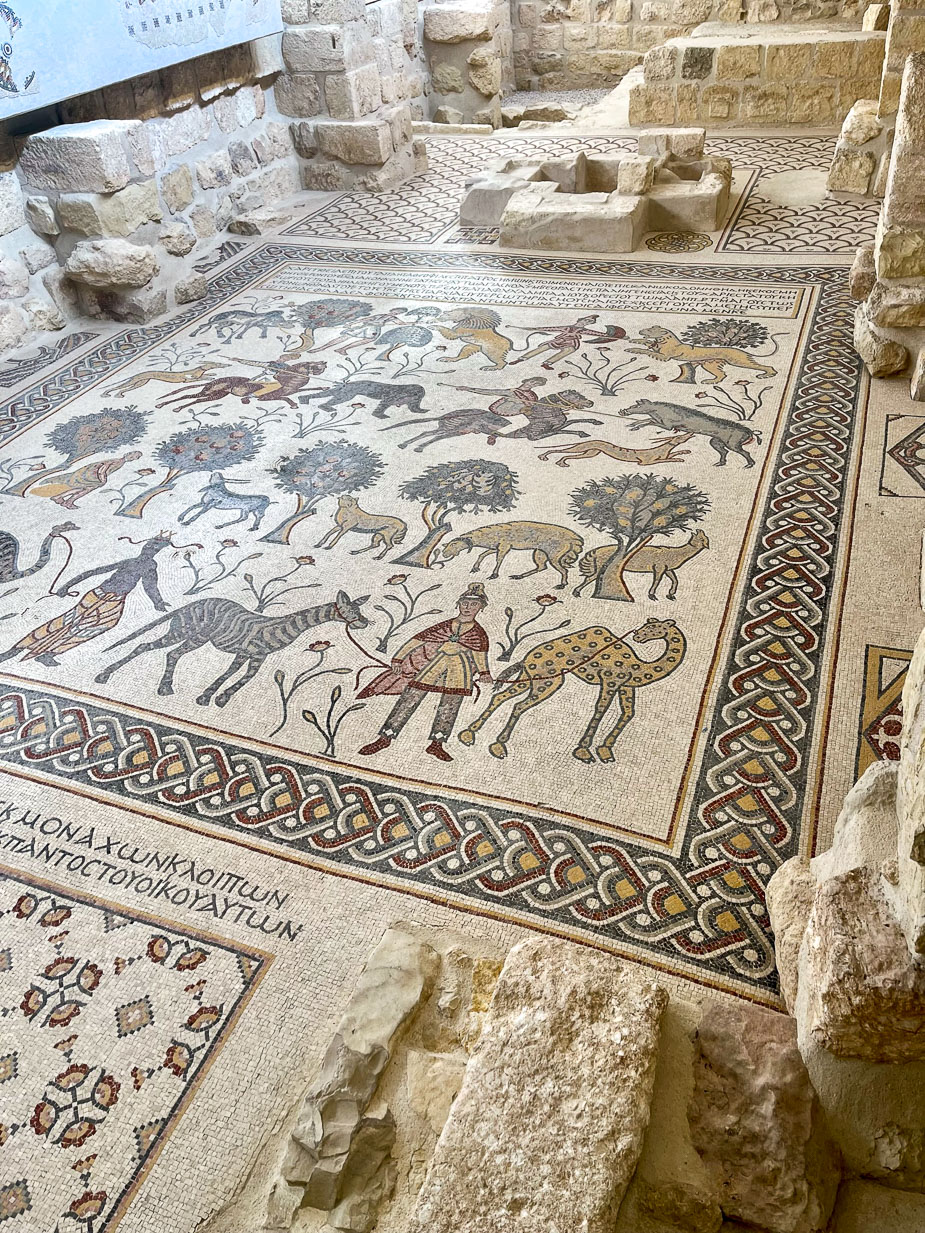

 ©Michael Player
©Michael Player
Chapter 30:1-19 (ESV) - The word of the Lord came to me: “Son of man, prophesy, and say, Thus says the Lord God:
“Wail, ‘Alas for the day!’
For the day is near,
the day of the Lord is near;
it will be a day of clouds,
a time of doom for the nations.
A sword shall come upon Egypt,
and anguish shall be in Cush,
when the slain fall in Egypt,
and her wealth is carried away,
and her foundations are torn down.
Cush, and Put, and Lud, and all Arabia, and Libya, and the people of the land that is in league, shall fall with them by the sword.
“Thus says the Lord:
Those who support Egypt shall fall,
and her proud might shall come down;
from Migdol to Syene
they shall fall within her by the sword,
declares the Lord God.
And they shall be desolated in the midst of desolated countries,
and their cities shall be in the midst of cities that are laid waste.
Then they will know that I am the Lord,
when I have set fire to Egypt,
and all her helpers are broken.
“On that day messengers shall go out from me in ships to terrify the unsuspecting people of Cush, and anguish shall come upon them on the day of Egypt's doom; for, behold, it comes!
“Thus says the Lord God:
“I will put an end to the wealth of Egypt,
by the hand of Nebuchadnezzar king of Babylon.
He and his people with him, the most ruthless of nations,
shall be brought in to destroy the land,
and they shall draw their swords against Egypt
and fill the land with the slain.
And I will dry up the Nile
and will sell the land into the hand of evildoers;
I will bring desolation upon the land and everything in it,
by the hand of foreigners;
I am the Lord; I have spoken.
“Thus says the Lord God:
“I will destroy the idols
and put an end to the images in Memphis;
there shall no longer be a prince from the land of Egypt;
so I will put fear in the land of Egypt.
I will make Pathros a desolation
and will set fire to Zoan
and will execute judgments on Thebes.
And I will pour out my wrath on Pelusium,
the stronghold of Egypt,
and cut off the multitude of Thebes.
And I will set fire to Egypt;
Pelusium shall be in great agony;
Thebes shall be breached,
and Memphis shall face enemies by day.
The young men of On and of Pi-beseth shall fall by the sword,
and the women shall go into captivity.
At Tehaphnehes the day shall be dark,
when I break there the yoke bars of Egypt,
and her proud might shall come to an end in her;
she shall be covered by a cloud,
and her daughters shall go into captivity.
Thus I will execute judgments on Egypt.
Then they will know that I am the Lord.”
Question to consider: How do you think Pharaoh would have reacted to this lamentation by Ezekiel?
In the same manner as the word against Tyre, the Lord gave Ezekiel a lamentation to proclaim against Egypt and all of the nations in league with them. If you went through my study in Exodus, I pointed out that the initial request of Moses to let Israel go into the wilderness three days in the name of his God must have seemed like a joke to Pharaoh. He responded with the question, “Who is the Lord, that I should obey his voice and let Israel go? I do not know the Lord, and moreover, I will not let Israel go.” (Exodus 5:2) In his mind, even if this God of Moses existed, Pharaoh was obviously more powerful since the people had been enslaved by the Pharaohs for ten generations. He proved this by increasing the hardship of the Israelite laborers by having them gather their own straw to make bricks. He did not succumb to the request of Moses until the Lord manifested His power through ten plagues that turned the gods of Egypt against Pharaoh and ultimately resulted in the death of his firstborn son.
Fast forward about 860 years (twice the amount of time Israel was enslaved to Egypt), and we have Ezekiel proclaiming the word of the Lord that Egypt would be made desolate: its idols toppled, its rivers dried up, its allies sacked, and its wealth taken. A civilization that had existed for more than two thousand years would be decimated and never regain its former glory.
Maybe if Israel had been a super-power at that time, Pharaoh would have listened. However, the word of the Lord through Ezekiel came at a time in which all of Israel had fallen outside of the city of Jerusalem, and the prince of Jerusalem, Zedekiah, had begged for Pharaoh to ally with him to fight against the threat of Babylon. Who was this crazy priest who claimed to speak the word of God through dramas and lamentations? I’d imagine Zedekiah apologized for Ezekiel’s impudence and introduced Pharaoh to a number of other prophets who would say God told them of the blessing of Egypt in being an ally of Israel. After all, God had made this promise about Israel through Balaam, “Blessed are those who bless you, and cursed are those who curse you.” (Numbers 24:9) and this promise to Abraham, “I will bless those who bless you, and him who dishonors you I will curse, and in you all the families of the earth shall be blessed.” (Genesis 12:3)
Dear heavenly Father, help us to understand the times in which we live and not fall prey to the false teachers and prophets who distort Your word for their own personal gain. May we instead put our trust in Christ who is our righteousness. Amen.